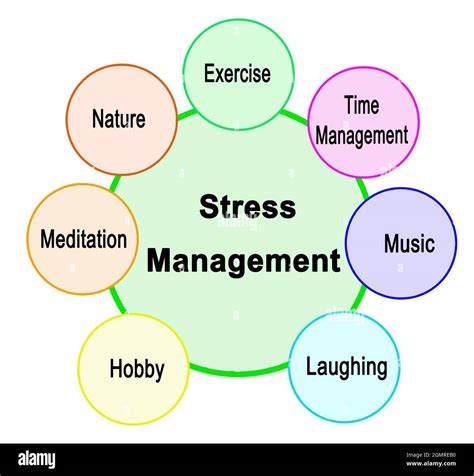Understanding the Challenge of Stubborn Belly Fat in Men
For many men, belly fat isn’t just an aesthetic concern; it’s a significant indicator of underlying health risks. Often referred to as ‘visceral fat,’ the fat stored deep within the abdominal cavity, surrounding organs like the liver and intestines, is metabolically active and can contribute to serious health issues, including heart disease, type 2 diabetes, and certain cancers. While general weight loss will impact overall fat stores, visceral fat can be particularly stubborn due to a combination of genetics, hormonal factors (like cortisol and testosterone levels), and lifestyle choices. Effectively targeting this type of fat requires a strategic, multifaceted approach that goes beyond just endless crunches.

The Cornerstone: Strategic Nutrition for Fat Loss
No amount of exercise can outrun a poor diet. Nutrition is paramount when aiming to reduce belly fat. The goal isn’t just to eat less, but to eat smarter, focusing on nutrient density and satiety to create a sustainable caloric deficit.
- Prioritize Protein: High protein intake (lean meats, fish, eggs, legumes) helps preserve muscle mass during weight loss, boosts metabolism, and promotes satiety, reducing overall calorie intake.
- Limit Refined Carbs and Sugars: These contribute to blood sugar spikes and insulin resistance, which can encourage fat storage around the midsection. Opt for complex carbohydrates like whole grains, fruits, and vegetables instead.
- Embrace Healthy Fats: Monounsaturated and polyunsaturated fats (avocado, nuts, seeds, olive oil) are crucial for hormone production and satiety, despite being calorie-dense.
- Increase Fiber Intake: Soluble fiber, found in oats, beans, apples, and berries, helps you feel full longer and can specifically target visceral fat.
- Stay Hydrated: Drinking plenty of water supports metabolism, aids digestion, and can help differentiate between hunger and thirst.

Exercise: Beyond Just Core Work
While direct core exercises are important for strength and stability, they alone won’t significantly reduce belly fat. A comprehensive exercise regimen is essential.
- High-Intensity Interval Training (HIIT): Short bursts of intense exercise followed by brief recovery periods have been shown to be highly effective at burning calories and reducing visceral fat.
- Strength Training: Building muscle mass through resistance training (lifting weights, bodyweight exercises) increases your resting metabolic rate, meaning you burn more calories even when at rest. Aim for full-body workouts 2-3 times a week.
- Consistent Cardiovascular Exercise: Moderate-intensity cardio, like brisk walking, jogging, or cycling, for 30-60 minutes most days of the week, contributes to overall calorie expenditure and fat loss.
- Focus on Compound Movements: Exercises like squats, deadlifts, rows, and overhead presses engage multiple muscle groups, burning more calories and building more functional strength than isolation exercises.

Lifestyle Factors That Impact Belly Fat
Diet and exercise are powerful, but other lifestyle elements play a critical role in managing belly fat, especially for men.
- Manage Stress: Chronic stress elevates cortisol levels, a hormone that can promote fat storage around the abdomen. Incorporate stress-reducing activities like meditation, yoga, hobbies, or spending time in nature.
- Prioritize Sleep: Lack of adequate sleep (less than 7-9 hours per night) can disrupt hormones that regulate appetite (ghrelin and leptin) and increase cortisol, leading to increased hunger and fat storage.
- Limit Alcohol Consumption: Alcoholic beverages often contain empty calories and can hinder fat burning, particularly contributing to what’s colloquially known as a ‘beer belly.’
- Stay Consistent and Patient: Fat loss, especially in stubborn areas, takes time and consistency. Celebrate small victories and remain committed to your long-term goals.

The Holistic Approach: Achieving a Leaner, Healthier Physique
Effectively targeting stubborn belly fat isn’t about quick fixes; it’s about adopting a sustainable, holistic lifestyle. It requires a commitment to consistent healthy eating, a balanced exercise routine, sufficient sleep, and effective stress management. Furthermore, considering individual differences, genetic predispositions, and potential underlying health conditions is crucial. Consulting with a healthcare professional, registered dietitian, or certified personal trainer can provide personalized guidance and ensure your strategies are both safe and effective for your body and health goals.
By focusing on these interconnected pillars of health, men can not only reduce stubborn belly fat for a leaner, more aesthetic physique but also significantly improve their overall health and reduce their risk of chronic diseases. The journey may be challenging, but the benefits for both appearance and well-being are profoundly rewarding.





